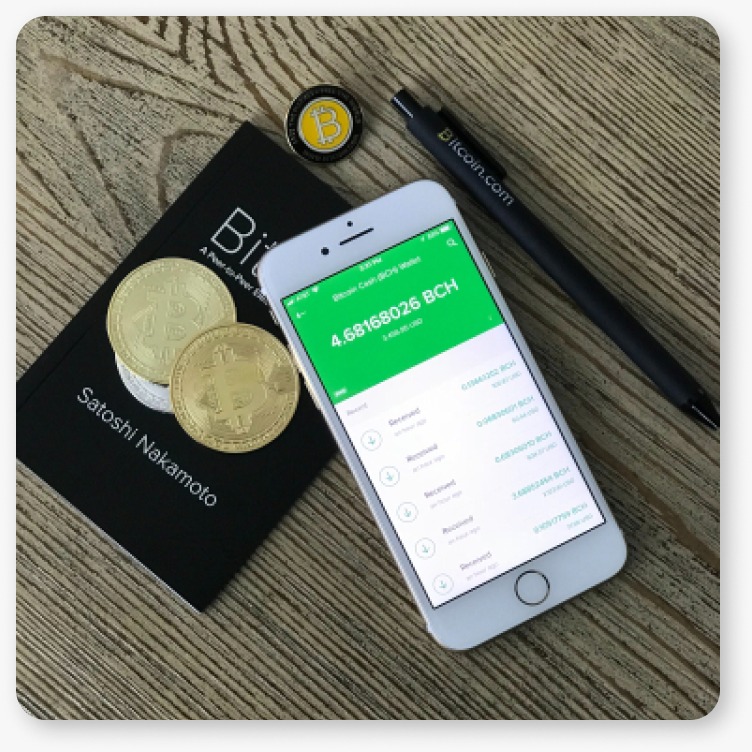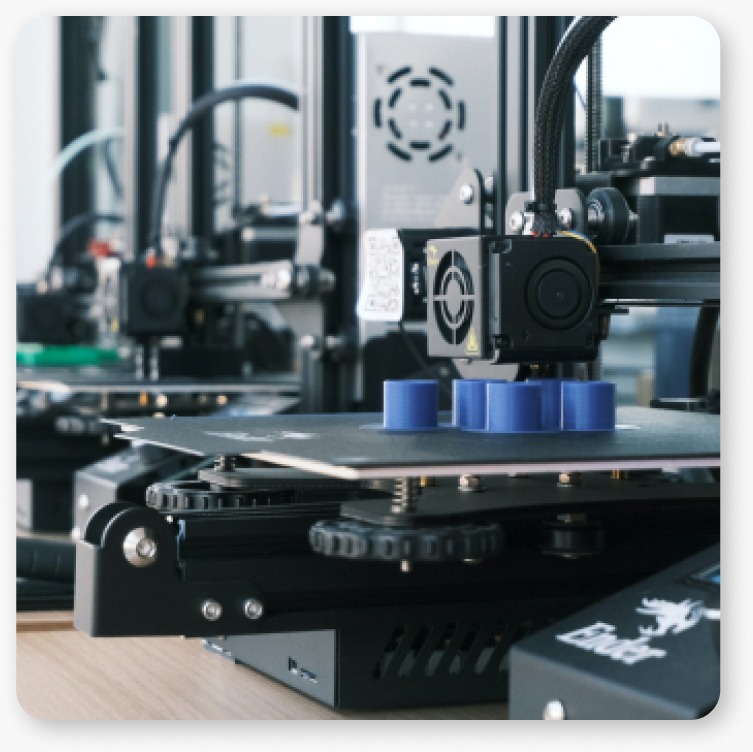
Digital transformation is a key in the financial industry. It helps to empower the customer experience by fulfilling regular activities and ensuring cost-effective operation while remaining highly competitive. Digital transformation helps to mitigate the risk and empower the financial institution by optimizing the overall cost. Bringing a financial product to the market is time-consuming, and also highly expensive. Updating an environment to manage customers, payment, bookkeeping, operational risk, processing, and data is costly and transformational. APIs can systematically handle all these new processes, and also new financial products can be easily integrated directly without any interference.
Digital transformation in medical services is growing like any other industry. Patient focused approach to healthcare helps medical services and suppliers activities. Understanding the patient requirement, building loyalty programs and trust development offers a superior user experience. A healthcare provider should understand the capacity of the digital transformation and select the suitable technology. For instance, the blockchain layer in healthcare can be well functional. It helps to maintain network infrastructure security at all levels and identity verification and authentication of all participants. Also, allow a consistent pattern of authorization to access electronic health information. Adjusting to the digital era implies staying away from outdated business processes and accepting that technological disruption will convey the best outcomes. Utilizing healthcare automation solutions, organizations can reduce their working costs by up to 30-50%. The Digital Workforce reduces facilities' spending plans and human resources and infuses speed, insight, and productivity in essentially all business areas.


Digital Transformation can help the manufacturing company by linking each product life cycle, from design through support. The organization acquires a competitive advantage by boosting the abilities of its inventory chains and speeding up the development while bringing down production and maintenance costs. A study in 2019 showed that 63% of manufacturers agree that carrying out IoT will expand productivity and increase profitability. In 2015, the IoT spending overall direct manufacturing amounted to 10 billion U.S. dollars; in 2020, it grew four times to 40 billion U.S. dollars.
The FMCG industry involves items that have a shorter shelf life and low-profit margins. The digital transformation in the FMCG Industry includes rebuilding the organizations utilizing their in-house innovation to make a more reliable client experience, any place, and customer experience. ERP in FMCG sectors gives a unified database set where all the business transactions are recorded, handled, monitored, and reported. It offers one centered information base with no duplication of information.
